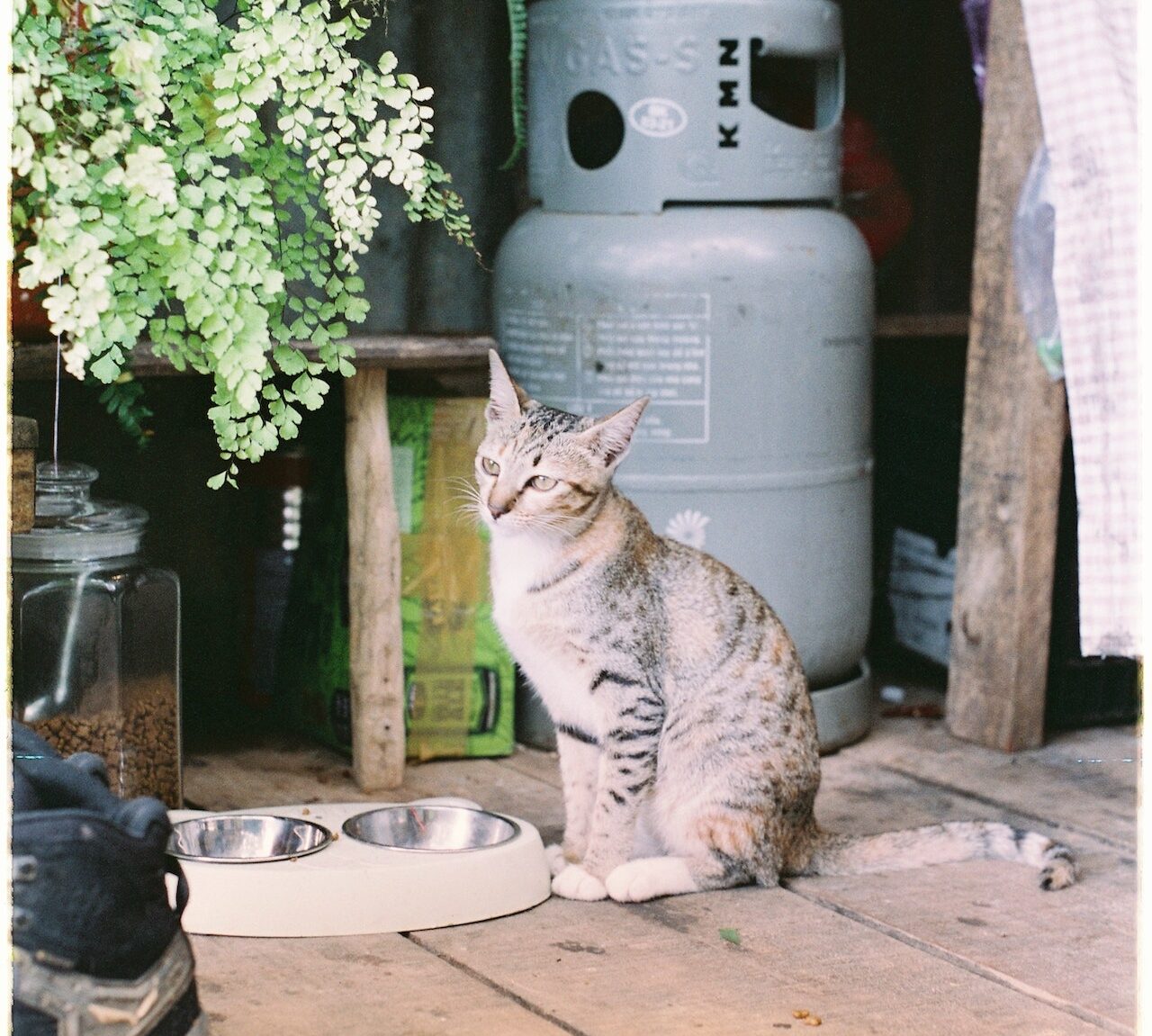
Cats refuse to eat food occasionally and it could be their mood-picky behaviour behind it. Is it normal? Yes, it is! However, you shouldn’t ignore this if your kitty hasn’t eaten for a few hours.
Under such a situation, one must reasonably ask himself, “How long can cats go without food and water?” Instead of speculating reasons, you should visit a professional vet to find the actual reason for your cat’s behavior toward food or water. After all, you love and care for your cat, right?

I remember when my cat avoided eating food a couple of months ago, I went clueless. Moreover, the poor health of my kitten scared me to the core. Initially, I tried to figure out the reasons and tried to implement solutions for my cat.
But nothing helped my little kitten and at last, I decided to visit my vet for dealing with this deadly situation. Based on my vet experience and research, I have jotted down the possible reasons to answer your question, “Why is my cat not eating?”
Besides, you will get to know the answer to “How long can a cat go without eating?” So, without further delay, let’s begin!
Cat Not Eating and Drinking: 11 Possible Reasons
Whenever a cat shows changes in her appetite or goes without food, commonly pet parents assume it is due to illness. Fair enough! it could be a possible reason but it is not certain.
If you ask any vet, he would list a number of reasons behind a cat refusing to eat her diet. You might ask, “What reasons?” Well, these are the common ones that you should know.
1. Respiratory Issues
Do respiratory illnesses adversely impact humans only? No! Felines also get affected by these issues. So, if your cat isn’t eating or drinking, you should consider respiratory symptoms in her body.
Like humans, food smell stimulates appetite in cats. Hence, if a cat’s nose is stuffy or she is having a respiratory infection, she won’t find it like eating food no matter how tasty it is!
2. Food Allergies
Have you changed your cat’s diet and noticed changes in her eating habits? If yes, it could be due to a hidden food allergy problem. Commonly, pet parents observe symptoms like skin problems, upset stomach and poor appetite after they change their cat’s diet.
What should you do if it happens to your cat? Simple! book an appointment with your vet expert. It’s because it is very difficult for a pet parent to
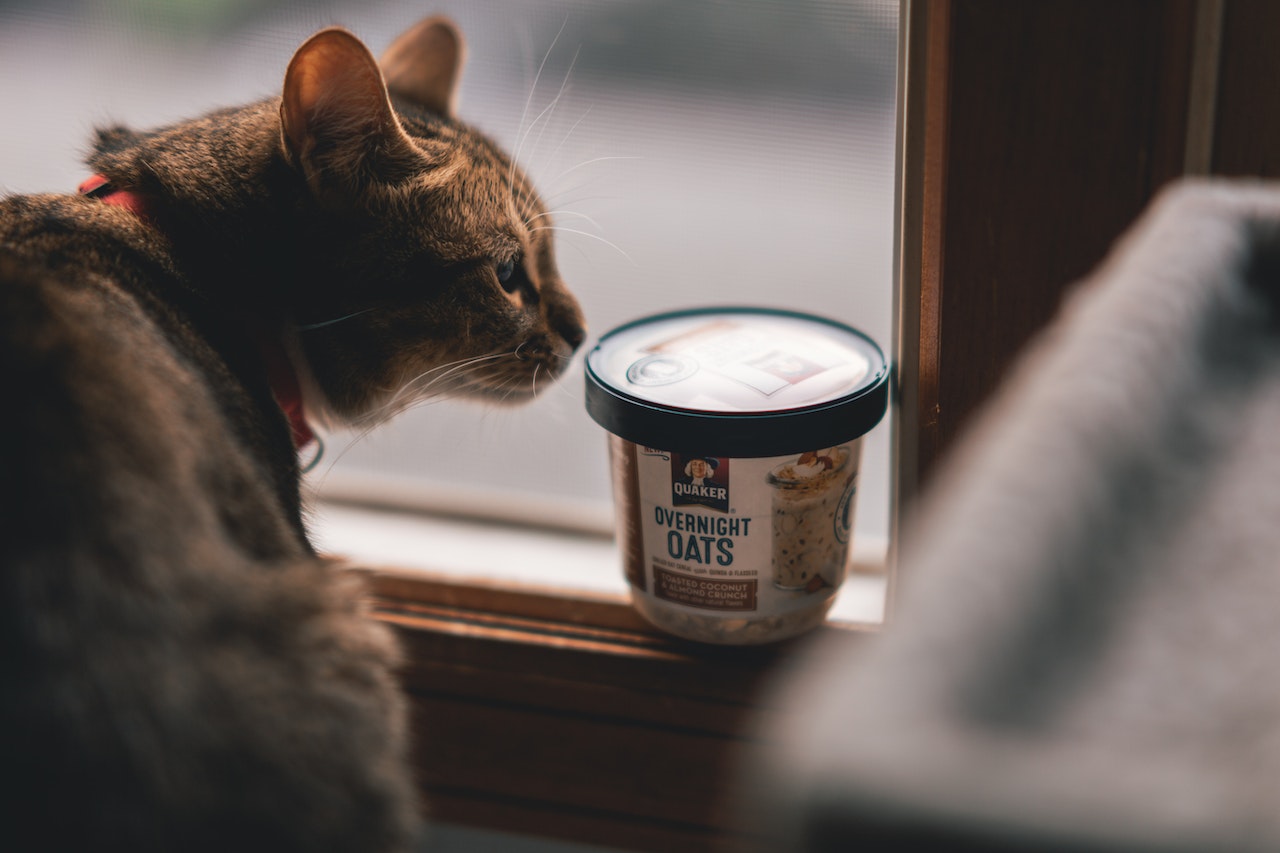
3. Picky Behaviour
Professional veterinarians state cats are very picky when they eat food. Surprisingly, if they don’t like the taste, smell or texture of food, they are most likely to avoid eating it.
In this case, you should go with serving your cat her favorite food. And if she still doesn’t eat it for some hours, you better consult a vet.
4. Labor Pain
Another reason for cats not eating their food is they are in their gestation period. In this situation, cats experience pre-labor pain and other signs that affect their appetite considerably. For a pet parent, it is essential to take care of cats in the best possible way
5. Poor Digestive Health
If a cat goes through digestive problems, she may notice a decline in her appetite. Not ignoring the symptoms like vomiting, abdominal discomfort or diarrhea and immediately visiting the vet would be a wise thing for you as a pet parent.
6. Sad Behaviour
Mental issues like sadness and depression affect the eating behaviors of felines as well. If your cat is sad and unhappy, she is likely to refrain from eating even her favorite food.
Anxiety is also a major reason why your feline isn’t eating as per her appetite. Keep a note of it!
7. Dental Problems
Quite surprisingly, dental problems like toothaches, fractured teeth, excessive drooling, etc can make your cat eat less or not at all. So, if your notice these symptoms, you should immediately consult your feline’s dental vet.
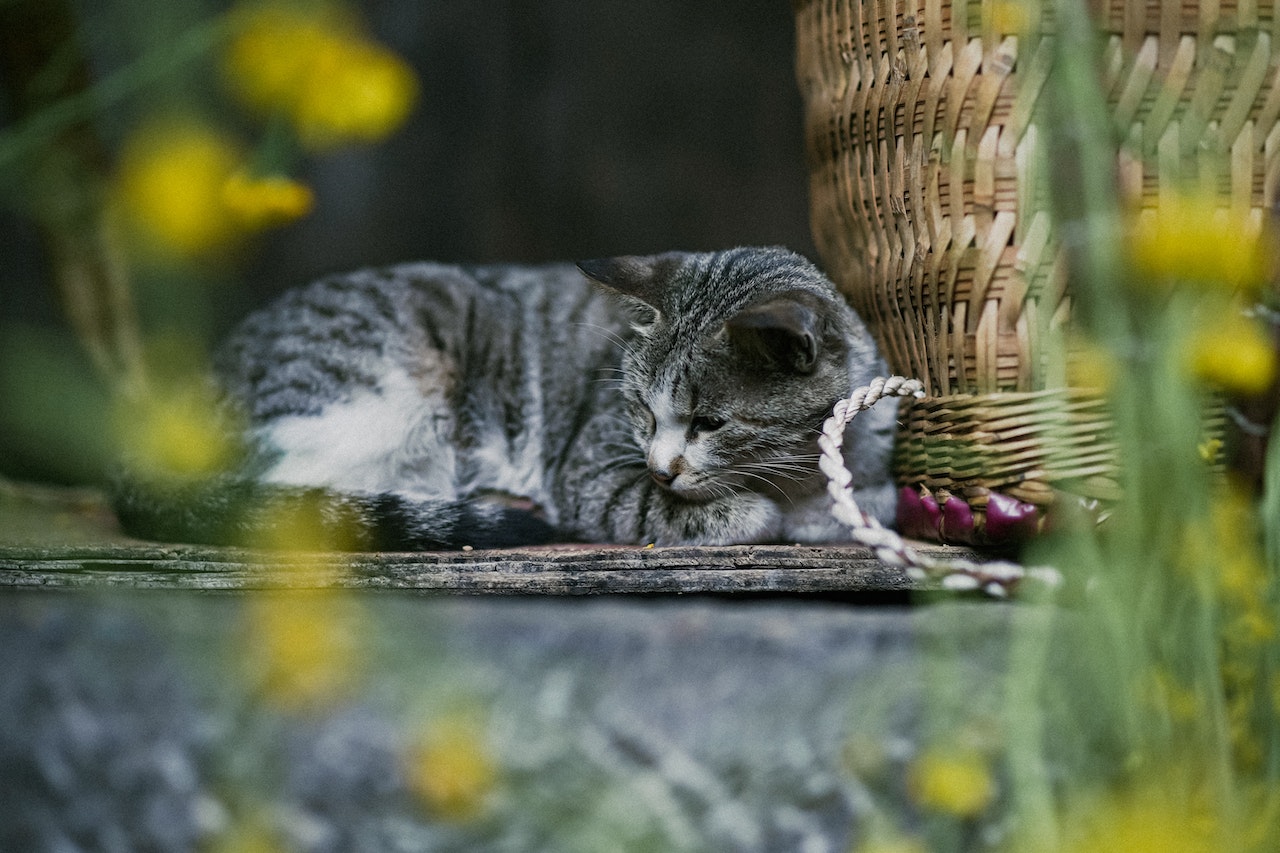
8. Travel Fatigue
It isn’t just us who experience motion sickness but pets also get affected due to it. Sometimes, cats don’t like traveling much and if pet owners take them on a long trip, they notice certain unusual behaviors in them.
Not eating food or drinking water is one of them. Hence, you should always seek advice from your vet in case you want to take your cat with you to a travel destination.
9. Medications or Vaccination
Yes, it is true that medications and vaccination are vital for your pet’s health. But they also leave adverse effects on their well-being.
It is completely fine if their side effects are short-term. But if they last for a couple of days, it is high time you go for a vet visit.
10. Foreign Objects
Chances are your cat has lost her appetite due to eating foreign objects. The best way to ascertain is to notice symptoms like vomiting, pain, etc. What’s your role in this scenario? Visiting your vet.
11. Hidden Health Problems
Some underlying health issues may be responsible for your cat’s poor appetite. Common illnesses like Kidney disease, hyperthyroidism, diabetes, pancreatitis, parasites, cancer or liver problems could be behind it.
Now, you know the possible reasons behind your cat’s lost appetite. Kindly note that you can try some home remedies and solutions to make your cat eat and drink well. Trying these things could help you make it happen easily.
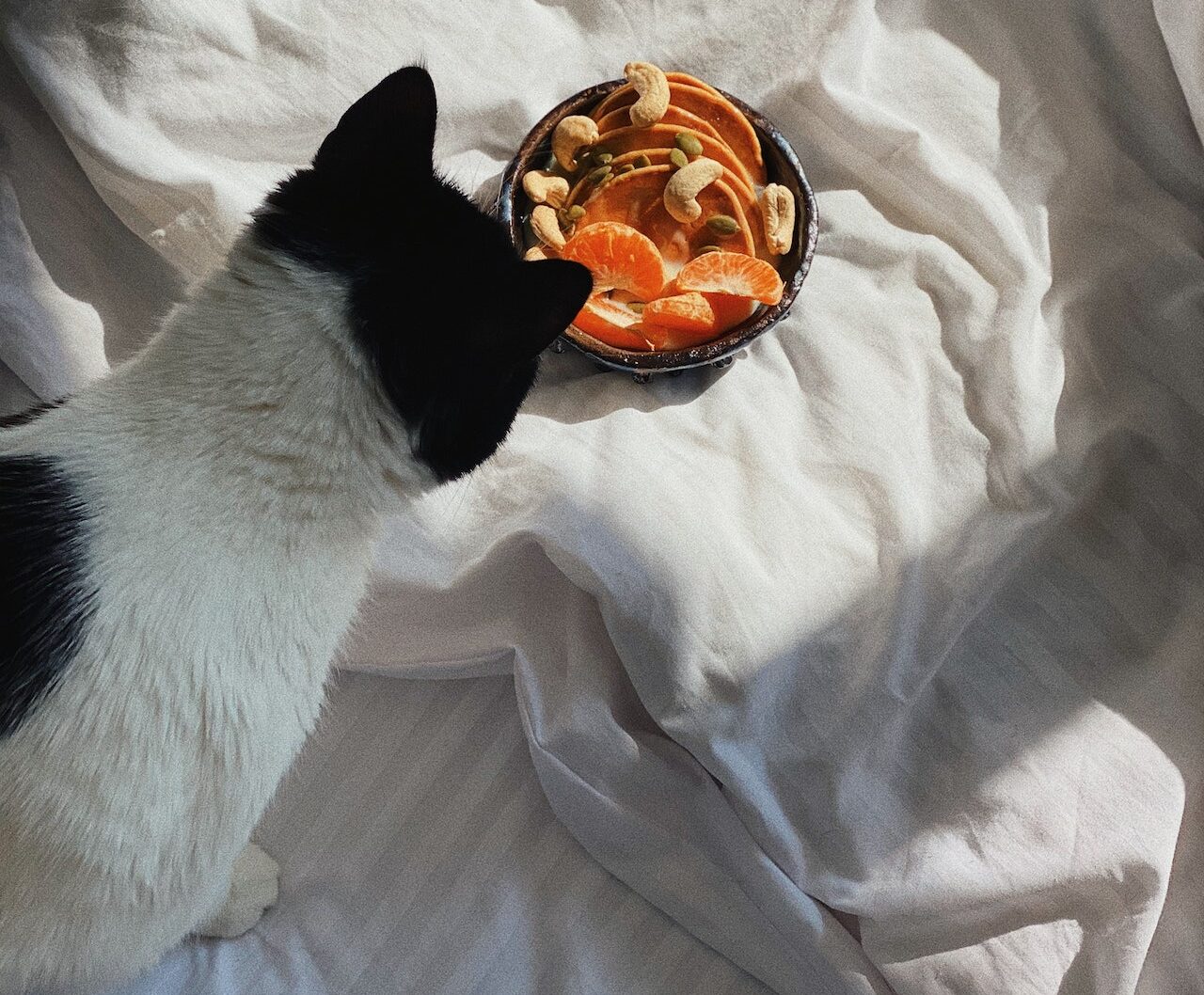
Things to Do to Make Your Cat Eat
Here are the solutions that could try to raise the appetite of your pet cat. However, you should only try this for a few years. If you fail to see any improvement, you should go for a vet checkup of your cat.
- Ensure the Food Bowl is Clean – Consider changing the food bowl of your cat. If the bowl is dirty then cats wouldn’t eat in it satisfactorily. So, keep the bowl all the time and try using a ceramic bowl for better results.
- Place the Food Bowl in Quiet Area – Anxious cats find it uncomfortable to eat food in noisy areas. Hence, you could think of locating the food in a quiet area so that your cat enjoys her food fully.
- Make Changes in the Food – Every pet likes certain types of food. For example, some cats like dry and the other ones like wet foods. So, it is your duty to ensure the supply of food for your cat that she likes. This could help her eat her food satisfactorily.
- Serve Smelly Food to Cats – How about giving cats smelly and flavored food? Isn’t it a great idea? Many vets recommend serving cats flavored food with a good aroma if a cat isn’t eating food.
You can consider offering hot food to a cat as it makes the food smelly or aromatic. As a result, the food smell stimulates the appetite of a cat to help her eat food easily.
How Long Should I Wait Before Visiting a Vet?
How long can a cat survive without food and water? Well, cats can last for about two weeks without eating food. And when it comes to water, it could live for a maximum of 3 days without drinking water.
By what time should a person visit a vet if his cat isn’t eating anything? As a responsible pet parent, I would recommend you see a vet expert immediately.
Or you can wait for a maximum of 24 hours before you go for a vet checkup of your cat. Firstly, you try the home remedial solutions mentioned above.
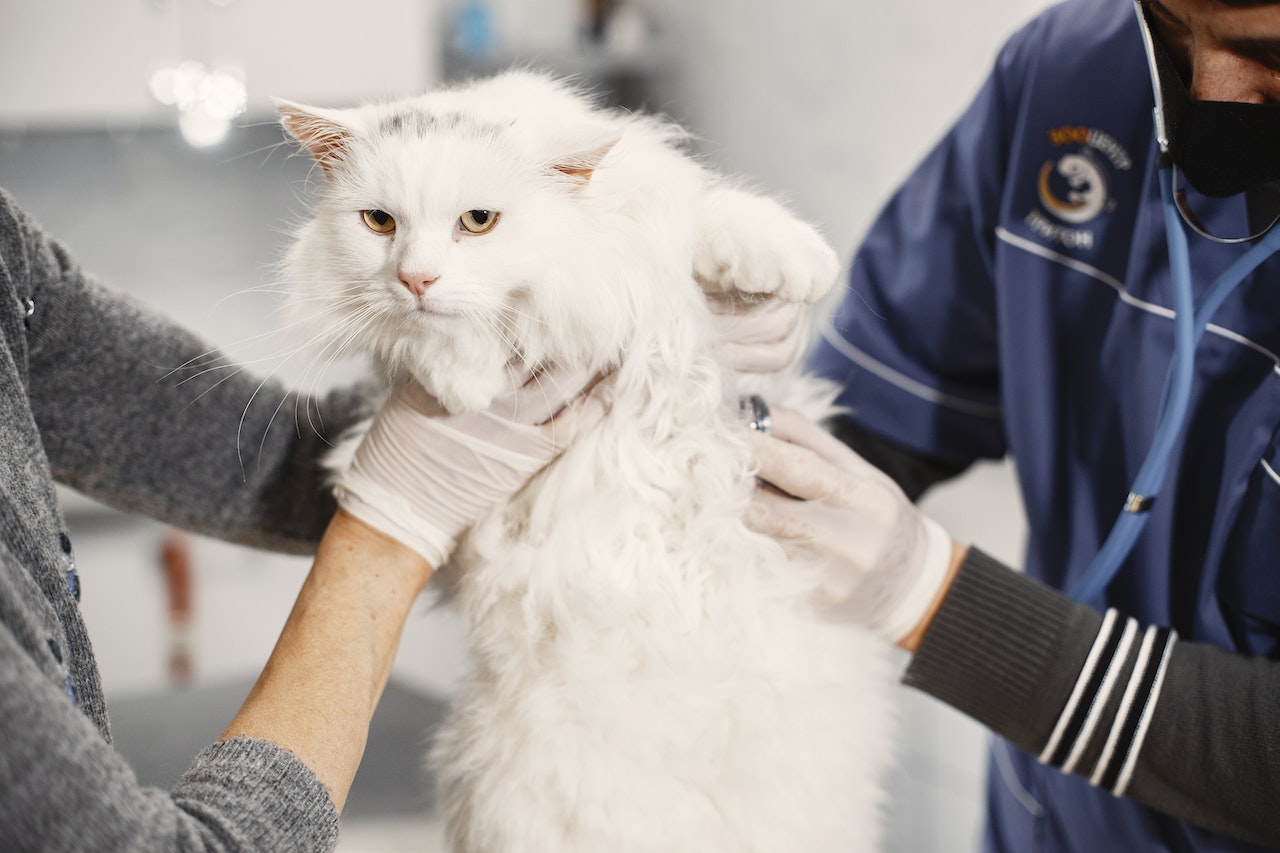
If you failed to see any improvements in your cat’s eating behavior, you should not wait for more time. Your vet will suggest some methods like using cat fluids or feeding with a tube to complete the cat’s nutritional needs.
Waiting for more time could result in severe consequences for your pet cat.
Conclusion
If your cat isn’t eating food or drinking water, this behavior should be taken seriously. And the right action should be taken. However, you should not panic right away.
Instead, you should try some handy solutions to treat this situation wisely. If you didn’t see any results for about 24 hours, you should not delay visiting a vet.
Remember, there could be some serious cat health issues that you may find difficult to figure out. So, it isn’t wise to experiment with home remedial solutions.
The best thing is to see an expert and experienced vet to find an appropriate solution for your cat’s changed eating habits.




